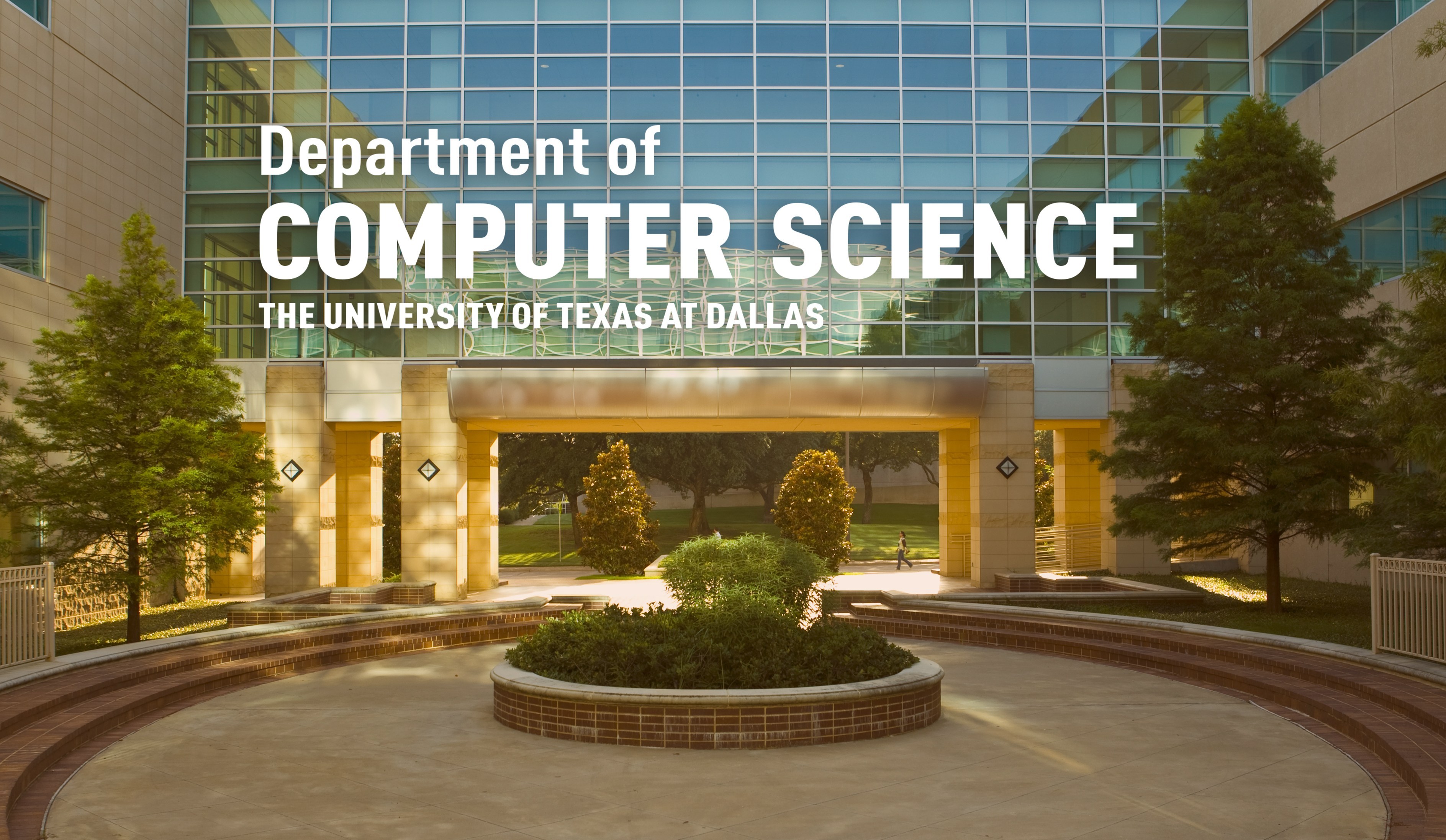- ICDCS 2019
- NEW Conference Photos
- NEW Certificate of Appreciation
- NEW Accepted Papers
- Call for Workshop
- Call for Research Papers
- Call for Special Track
- Organizing Committee
- Program Committee
- Keynote Speakers
- NEW Final Paper Submission and Author Instructions
- UPDATE Conference Program
- NEWConference Proceedings
- NEW Bus Schedule
- NEW Registration
- NEW Workshop on Network Meets Intelligent Computations (NMIC) REGISTRATIONFINAL PAPER SUBMISSION
- NEW Accommodation
- NEW Travel Grant
- Contact Us
Keynote Speaker
Aidong Zhang (University of Virginia,USA)
Title: Graph Neural Networks for Supporting Knowledge-Guided Machine Learning
Abstract: The classical deep learning architectures have achieved great success on Euclidean data. However, in the real world settings, non-Euclidean structured data such as graphs are more ubiquitous. Graphs are fundamental data structures which concisely capture the relational structure in many important real-world domains. In this talk, I will discuss how to incorporate domain knowledge in machine learning (ML) using graphs and our strategies to develop new graph neural networks models for knowledge-guided machine learning.
Bio: Dr. Aidong Zhang is a William Wulf Faculty Fellow and Professor of Computer Science in the School of Engineering and Applied Sciences at University of Virginia (UVA). She is also affiliated with Department of Biomedical Engineering and Data Science Institute at University of Virginia. Her research interests include data mining/data science, machine learning, bioinformatics, and health informatics. Dr. Zhang currently serves as the Editor-in-Chief of the IEEE Transactions on Computational Biology and Bioinformatics (TCBB). She served as the founding Chair of ACM Special Interest Group on Bioinformatics, Computational Biology and Biomedical Informatics during 2011-2015 and is currently the Chair of its advisory board. She is also the founding and steering chair of ACM international conference on Bioinformatics, Computational Biology and Health Informatics. Dr. Zhang is a fellow of ACM and IEEE.
Ophir Frieder (Georgetown University, USA)
Title: Untraditional Medicine
Abstract:Computing continues to change the landscape of nearly all domains, medicine included. For instance, drug resistance is predicted and avoided via data mining applications and disease outbreak is detected early via text mining techniques. These are but just some examples where computing is reshaping medical practice. Specifically, capitalizing on distributed "sensors", we describe the monitoring of social media to detect disease outbreak and describe the implications of such surveillance schemes to healthcare planning for a major children-focused hospital. We continue by describing a deployed distributed data unification system that integrates dispersed medical history, forming patient-centered, life-long medical records; this integration enables accurate mining approaches, likewise described that significantly improve drug prescription accuracy.
Bio: Ophir Frieder holds the Robert L. McDevitt, K.S.G., K.C.H.S. and Catherine H. McDevitt L.C.H.S. Chair in Computer Science and Information Processing and previously served as the Chair of the Department of Computer Science at Georgetown University. He is also Professor of Biostatistics, Bioinformatics and Biomathematics in the Georgetown University Medical Center. In addition to his academic positions, he is the Chief Scientific Officer for Invaryant, Inc. (formerly UMBRA Health, LLC.) and a Research Associate at the Institute of Information Science and Technology at the Italian National Research Council (ISTI-CNR). He is a Fellow of the AAAS, ACM, IEEE, and NAI, and a Member of Academia Europaea and the European Academy of Sciences and Arts.
Nancy Lynch (Massachusetts Institute of Technology, USA)
Title: A Theoretician's View of Distributed Systems
Talk Slide: The presentation pdf is available here
Abstract:For several decades, my collaborators, students, and I have worked on theory for distributed systems, in order to understand their capabilities and limitations in a rigorous, mathematical way. This work has produced many different kinds of results, including:
- Abstract models for problems that are solved by distributed systems, and for the algorithms used to solve them
- Rigorous proofs of algorithm correctness and performance properties (also some error discoveries)
- Impossibility results and lower bounds, expressing inherent limitations of distributed systems
- Some new algorithms, and
- General mathematical foundations for modeling and analyzing distributed systems.
These various results have spanned many different kinds of systems, ranging from distributed data-management systems, to communication systems, to biological systems such as insect colonies and brains.
In this talk, I will overview some highlights of our work over many years on theory for distributed systems. I will break this down in terms of three intertwined "research threads": algorithms for traditional distributed systems, impossibility results, and mathematical foundations. At the end, I will say something about our recent work on algorithms for new kinds of distributed systems.
Bio: Nancy Lynch is the NEC Professor of Software Science and Engineering in MIT's EECS department, and an Associate Department Head. She heads the Theory of Distributed Systems research group in the MIT Computer Science and Artificial Intelligence Laboratory. She received her PhD from MIT and her BS from Brooklyn College, both in Mathematics. Lynch has (co-)written many research articles about distributed algorithms and impossibility results, and about formal modeling and verification of distributed systems. Her best-known contribution is the ``FLP'' impossibility result for reaching consensus in asynchronous distributed systems in the presence of failures, with Fischer and Paterson, followed by a paper with Dwork and Stockmeyer on algorithms for reaching consensus under restricted failure assumptions. Other contributions include the I/O automata system modeling frameworks, with Tuttle, Kaynar, Segala, and Vaandrager. Lynch is the author of the textbook ``Distributed Algorithms'' and co-author of ``The Theory of Timed I/O Automata'' and "Atomic Transactions". She is an ACM Fellow, a member of the National Academy of Engineering and the National Academy of Sciences, and a Fellow of the American Academy of Arts and Sciences. She has been awarded the Dijkstra Prize (twice), the van Wijngaarden Award, the Knuth Prize, the Piore Award, and the Athena Lecturer Award. She has supervised approximately 100 PhD students, Masters students, and postdocs. Lynch is interested in all aspects of distributed computing theory, including modeling, algorithm design, analysis, lower bounds, and applications. She is especially interested in algorithms for ``difficult'' platforms, which are subject to noise, failures, and changes. Recently, her work has focused on wireless network algorithms, biological distributed algorithms, and the connections between them.






